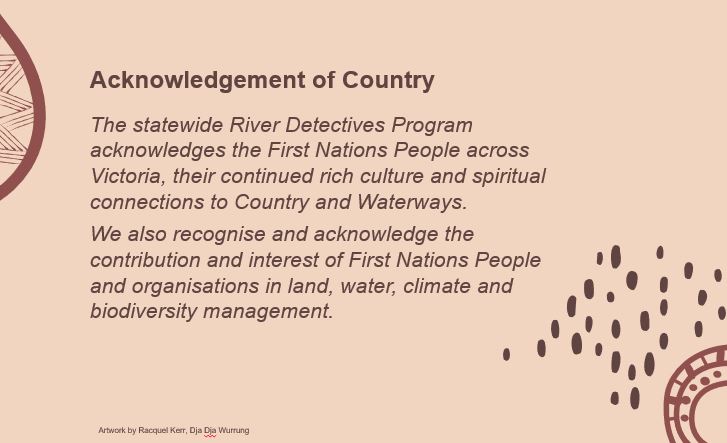Water Cycles
Explore the water cycle and experience a range of engaging ways to learn about it
Dramatising La Nina and El Nino climate patterns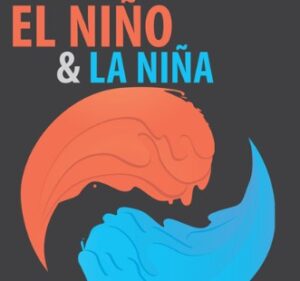
Bridgewater PS requested a River Detectives incursion to help their students understand the factors that had contributed to the significant flooding their town experienced in October 2022. Coordinator Nicole involved the students in this dramatisation to understand La Nina and El Nino.
|
“Wave Of Change” picture story book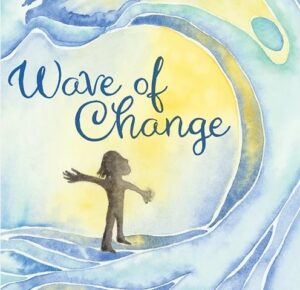
This sequel to “When Water Lost Her Way” is the perfect tool for discussing climate change with water security as the focus. This second book by Meg Humphrys is a gentle introduction, a call to action. fostering positivity and hope over fear for the future. You can watch the online reading recorded by the River Detectives program or purchase the book here. We have also recorded a webinar with Meg Humphrys to discuss the book, inspire students about what they can do and share innovative climate change solutions being implemented in the water industry. Watch the primary school version or the secondary school version.
|
‘Drought’ and ‘Flood’ picture story books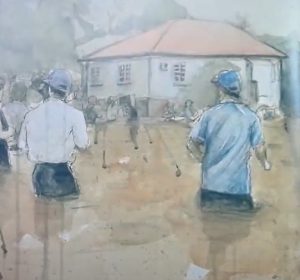
Two books by Jackie French highlighting the impact of Drought and Flood on landscapes, flora, fauna and people. Read the books or watch the online readings to start discussions about the way climate and natural processes sometimes seem irrelevant in everyday life but their impact on us are brought to the fore in times when nature is out of balance. Use the teachers notes for Drought and Flood to explore the two books with students.
|
Water Cycle activity sheet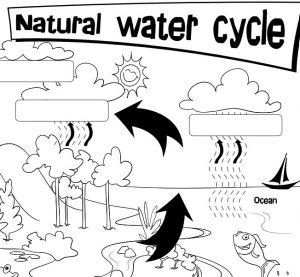
Students can use this activity sheet by our friends at Gippsland Water to fill in the gaps and name the water cycle processes then colour it in.
|
The Water Cycle poster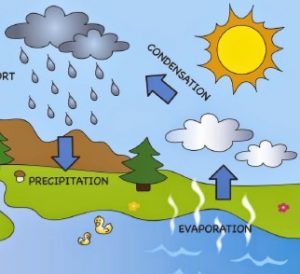
Use this poster when introducting/discussing the water cycle with students.
|
Geographic Concepts for a Floodplain and Catchment powerpoint slides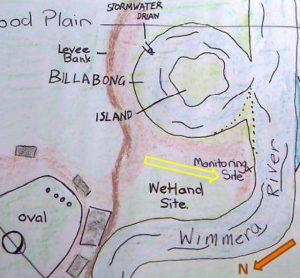
Want to know what some basic floodplain Geographic terms and concepts mean? Jeanie Clark from the Wimmera CMA put together the following three presentations to introduce the basic Geographic terms in a riverine landscape to teachers with little geographic training. Click on the links below to access each one. The slides could also be used with upper primary/secondary students. The Jeparit Showgrounds, Jeparit Primary School’s Waterwatch/ River Detectives site, was used as a local example to describe:
Jeanie is an ex-VCE Geography teacher and can be contacted through the Wimmera CMA for advice/support (time permitting).
|
Water Cycle word find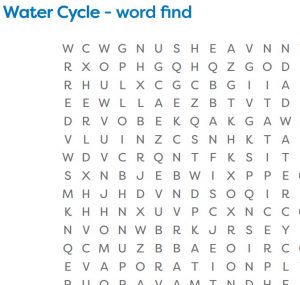
A great activity from Gippsland Water to practise spelling, undertstand the water cycle or fill time in a meaningful way during your water studies.
|
Catchment to tap video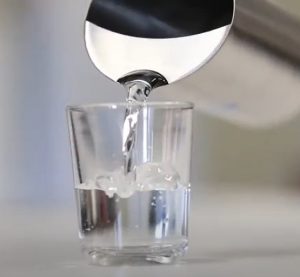
This video has been produced by Central Highlands Water but the majority of content is relevant to all areas of the state. It features simple explanations of a catchment, the water cycle, how water is shared between users and how water is treated to make it safe in our urban water system.
|
Make a water filter video and experiment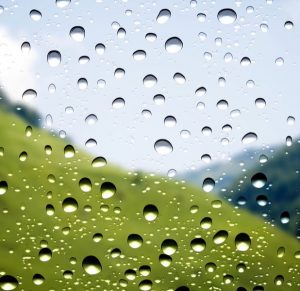
Join Fernando from Barwon Water as he guides students through the process of making a water filter using common household items. This experiment will help students understand how the water cycle provides the water we all need for drinking and how water corporations clean this water for us to drink from our tap. Teacher notes available.
|
Make the water cycle in a bag video and experiment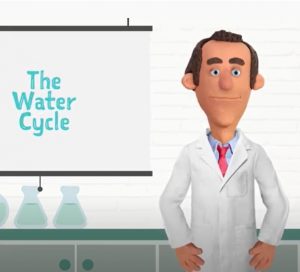
Join Wally the Water Scientist and Kristy from Goulburn Valley Water to learn how to view the water cycle in a zip lock bag ! A great activity to bring the water cycle to life. Teacher notes provide the blackline masters you need.
|
Make your own rain gauge video and experiment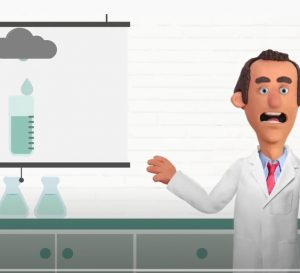
Join Wally the Water Scientist and Kristy from Goulburn Valley Water to learn how to make a rain gauge and why tracking rainfall is an interesting and informative activity. A great activity to connect maths, science and environmental learning.
|
Water Cycle Meditation no. 2
This guide is useful if you would prefer to step your own class through a water cycle meditation. Teacher notes include a mindfulness colouring sheet and instructions to make a calming jar. Alternatively you can play an audio of the meditation thanks to Barwon Water.
|
Edible aquifer video and experiment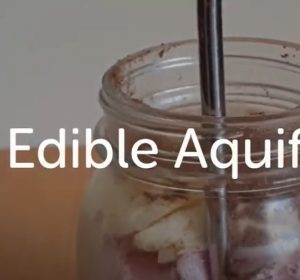
Join Meg Humphrys, author and illustrator of ‘When Water Lost Her Way’ (see Photo/Story Book section of Resource River Bank) for a wonderful edible aquifer experiment students can do to understand groundwater and the water table. Delicious and educational at the same time !
|
Wilam: A Birrarung Story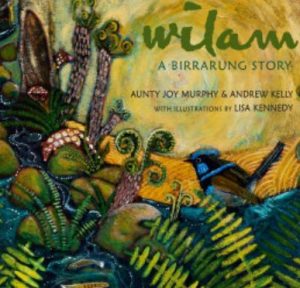
Wilam: A Birrarung Story is written by Aunty Joy Murphy and Andrew Kelly and illustrated by Lisa Kennedy. It tells the Indigenous and geographical story of Melbourne’s Yarra River, from its source to its mouth, from its pre-history to the present day and includes words from the Woiwurrung language. There are no online versions of this book but a hard copy can be ordered at your favourite book store. Comprehensive cross-curricular teacher’s notes are a wonderful guide to implementing this beautiful book in the classroom.
|
North East Water education program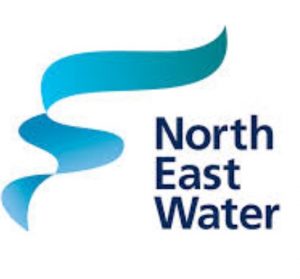
For schools in the North East CMA region, North East Water offer incursions, excursions and resources for students and teachers to educate about urban water, the water cycle and saving water.
|
Barwon Water education program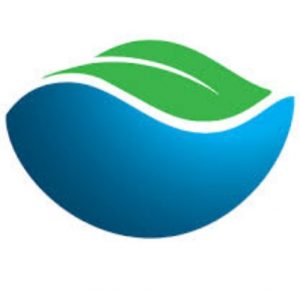
For schools in the Corangamite CMA region, Barwon Water offer a free comprehensive education program including water-related incursions, excursions and resources for early childhood to tertiary students. You can also sign up for their e-newsletters.
|
Central Highlands Water education program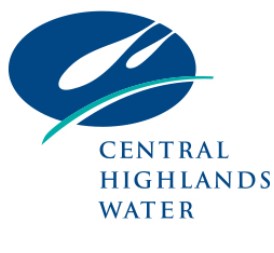
For schools in the south-western part of the north central CMA region and the northern part of the Corangamite CMA region, Central Highlands Water offer free education programs and learning materials for schools and community groups. Topics include; water (source to tap), water efficiency, choose Tap and recycled water and wastewater.
|
GWM Water education program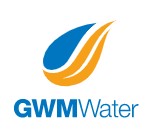
For schools in the Wimmera, GWM Water offers a range of water-based activities, experiments, fact sheets, puzzles and fun recipes specific to your region. They also encourage schools to enter the annual National Water Week poster competition.
|
Coliban Water Education website
For schools in the north central region, Coliban Water offer incursions teach students about the value of water, how to use water wisely and wastewater management. They also provide free print and online teaching resources for use in kindergartens, primary and secondary schools. Sign up to their education newsletter to keep in touch with their latest news.
|
“The Rhythm of the Rain” picture story book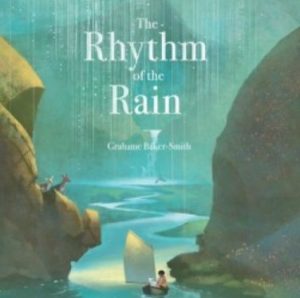
The Rhythm of the Rain by Graham Baker-Smith is a magical book for any educator to launch a lesson or a unit on the water cycle, on the geography of our planet, on the diversity on our planet…there are so many themes hidden within. This story will stretch students’ imaginations, their curiosity, their appreciation of the amazing natural world that surrounds us and nourishes us. Thanks to Alice from Coliban Water in the north central region you can watch a reading of the book as a springboard to other discussions and activities around the water cycle, catchments and the responsibility we all share around the world to conserve water for everyone. Use the links above and below this post to access your local water authority and get involved in their education resources and incursions.
|
“Water is Water” picture story book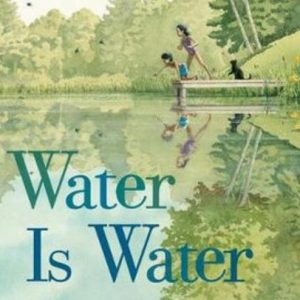
Water is Water by Miranda Paul is a lovely book for lower primary exploring the water cycle, the ways we experience water in all it’s forms; rain, steam, fog, frost, snow, puddles; and how we use water for fun, gardening, drinking, etc. Thanks to Alice from Coliban Water in the north central region you can watch a reading of the book as a springboard to other discussions and activities around water. Use the links above and below this post to access your local water authority and get involved in their education resources and incursions.
|
Exploring the Water Cycle lesson plans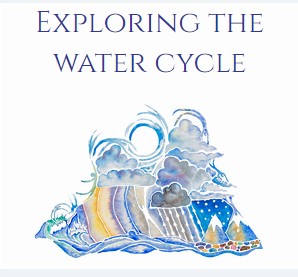
Lesson plans to help use the story, “When Water Lost Her Way” in the classroom or at home. All plans focus on relevant parts of the story for group discussion based on the Australian Curriculum and reference the Victorian curriculum where possible. The lesson plans include targeted questions, suggested extension activities with supporting external resources based on achievement standards of the Australian curriculum. Targeted plans are developed for Foundation to Year 6.
|
Water Cycle Meditation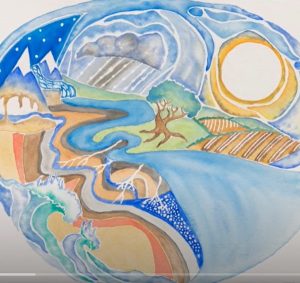
A meditation for kids and grown ups that takes you on a journey through the water cycle. Content is loosely based on the picture story book ‘When Water Lost Her Way’ written and illustrated by Meg Humphrys.
|
“When Water Lost Her Way” picture story book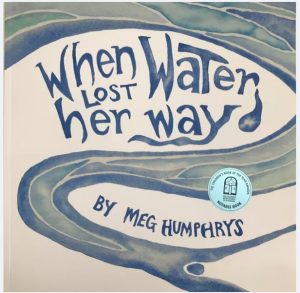
This is a powerful story by Meg Humphrys of ‘water’ questioning who she is. She seeks all parts of her cycle for answers until an ‘old tree’ helps her to understand her place in the world and her many interconnections with all living and non-living things. This book is a must-have in the school library, however you can enjoy the online reading or read the digital version yourself. Indulge in water cycle meditation, discuss extension questions or explore enquiry based lesson plans based on the story. During National Water Week 2020, Meg was interviewed and the video is a great way to further children’s engagement with this book and the water cycle (they’ll love the edible aquifer idea!) Meg has gone on to write a second book called “Wave Of Change” to explore the impact of climate change on our water resources. Search for Wave of Change in the Resource River Bank tab.
|
Melbourne Water education program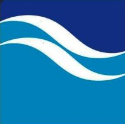
Find out what Melbourne Water does and how they care for catchments in the region. Includes a myriad of education resources covering frogs, litter, stormwater, catchments, waterways and more. Some are specific to the Melbourne area but many are relevant to all regions. If you are in the Melbourne Water area you may also like to access support from the water corporation in your specific location using this map. It will either be Yarra Valley Water, South East Water, City West Water or Westernport Water.
|
Melbourne’s drinking water video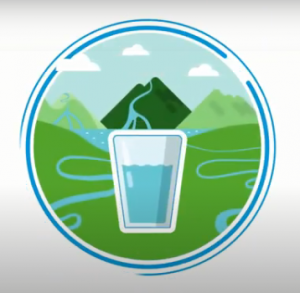
Learn why Melbourne’s water tastes great straight from the tap !
|
Urban Water Cycle animations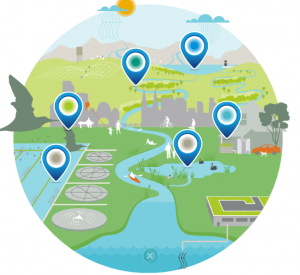
People have changed the natural water cycle; buildings and pipes take water for drinking and remove sewage and stormwater. This is the urban water cycle. In Melbourne the urban water cycle is managed by Melbourne Water. Use this interactive map to learn more or this link to explore other aspects. In north central Victoria Coliban Water manages urban water. Check out their animation with links to videos to explore topics further.
|
Drip Trip game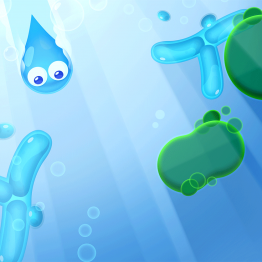
Join Drippy the raindrop on a journey across the urban water cycle, through your neighbourhood’s water pipes, sewers, drains and waterways as you head towards the bay. This Melbourne Water resource does focus on Melbourne’s urban area but will have some relevance to urban areas in any region. Suitable for ages 12 and above. Drip Trip can be played on smartphones, tablets and computers.
|
The Natural Water Cycle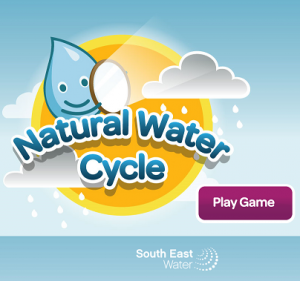
Explore three interactive online games on South East Water’s website to learn about the natural water cycle, the urban water cycle and water sources. To play, click ‘I’m a student’ – ‘play games and explore’ and then scroll down for all the links.
|
Run of the River Game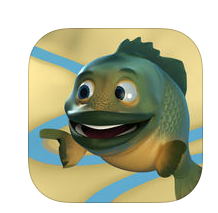
This free App by the Murray Darling Basin Authority is educational and fun! You have the following challenge: Water is scarce and needs to be shared around. You must deliver the bubbles of water from the river to the wetlands, farms and communities, whilst keeping the river mouth connected to the ocean. Control dam releases to quench the thirst of all your water consumers through the challenges of flood, drought, evaporation, seasonal changes….
|

